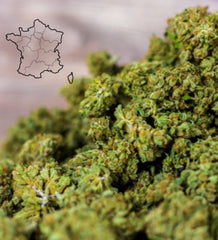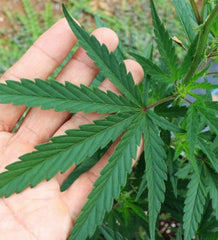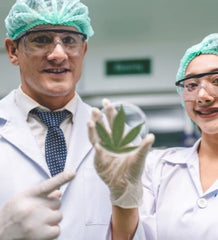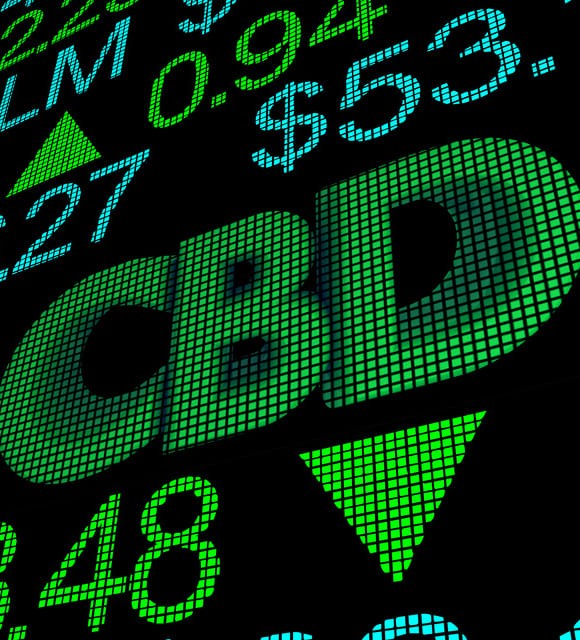
Why is CBD so expensive?
Costs associated with control testing and cultivation of quality strains
Since the legalization of CBD sales, ensuring product quality has become a priority for companies operating in this sector. Companies are required to adopt good manufacturing practices and implement strict quality control measures. This requires them to conduct safety and purity tests on their products. These tests are conducted by laboratories required to follow standard legal procedures to validate a product's quality. The cost of these tests, conducted by third parties, influences the final price of the CBD product.
Furthermore, the demand for quality has created an obligation for CBD manufacturers to ensure that the raw materials supplied to them are of high quality. To do this, they require reliable cannabis suppliers. Through this requirement, they attempt to ensure that the raw materials contain only CBD-rich strains. However, growing quality strains entails significant costs due to legislation.
First, the amount of licensing fees paid by cannabis growers is high. Second, it may happen that some states allow the use of medicinal CBD , but limit the cannabis cultivation process. Better still, the CBD industry has become for these states, a source of revenue not to be neglected. To take advantage of this, the states impose heavy taxes on the cultivation of hemp and cannabis . The cultivation is also subject to strict monitoring by governments. Moreover, while other crops benefit from support from governments, the cultivation of cannabis benefits from no form of incentive. All these factors related to the cultivation of quality strains influence the final price of CBD.
Labor, the other factor in the high cost of CBD
Labor is one of the factors explaining the high cost of CBD products. Indeed, the manufacturing of CBD products begins with the extraction of CBD from the raw material. This is a very important process. Effective CBD extraction requires not only extraction machine operators, but also many other professionals. Moreover, the extraction process takes place over a long period of time. However, at the end of the extraction process, the amount of CBD obtained is very small compared to the amount of raw material used.
So, not only is the labor required for extraction significant, but it is also necessary for the entire duration of the process. This represents a significant cost for companies. The extraction method used requires a capital investment in expensive equipment and highly paid professionals.
Furthermore, after extraction, additional purifications are required. This is especially necessary if you are producing CBD isolate , i.e., an oil made entirely of CBD . All these processes, whether for the production of CBD isolate or oil, require a series of steps and high-tech machines that are expensive to operate and maintain. Since the labor involved is significant, this is reflected in the price of CBD.
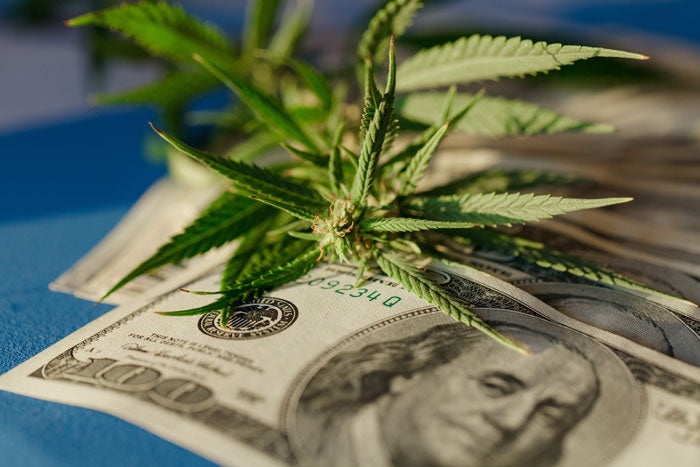
Reseller expenses or import and export costs
One of the reasons CBD is so expensive is the extension of supply chains. On the one hand, there are manufacturers who ensure they supply their products directly to users. By doing so, they eliminate the middleman. However, this category of manufacturers is insignificant in number. The majority of manufacturers rely on retailers to sell their products. These retailers, in order to make a profit, increase the total price of the product upon sale.
This increase in the price of CBD is also being applied by online and physical stores. Indeed, to source from countries where cannabis is grown, there are mandatory procedures that incur additional costs. These costs vary depending on the origin and quantity of CBD. In addition to the costs related to these procedures, there are transportation costs, which can be classified into two categories. On the one hand, there are the transportation costs related to the supply of raw materials. On the other hand, there are the costs of shipping the CBD product. All of these transportation costs, combined with the pursuit of profit, influence the final cost of the CBD product.
The game of supply and demand
The market price of a product also depends on the interplay between supply and demand. When supply exceeds demand, the product's price is low. Conversely, when demand significantly exceeds supply, the product's price increases. CBD is no exception to this classic commercial market game. Indeed, as a raw material, it is the cannabis plant that is used for the production of CBD products. This is not just any cannabis plant, but one with a high CBD content and a low THC content. These plants can only be produced by licensed cannabis farms. Since the number of these farms is limited, they are unable to meet the ever-increasing demand.
Additionally, while the legal status of CBD remained a taboo subject, many farmers often allowed demand to exceed actual supply. This allowed hemp growers to demand a higher price for their crops. Today, we see that even after the acceptance of CBD sales, the industry is still suffering the effects of decades of prohibition. This undoubtedly affects the final price of finished products.
Will we see a decrease in the price of CBD over time?
The potential for growers to grow a new cash crop to replace tobacco is a challenge in the legalization of hemp cultivation. Thus, in many countries, with the advent of hemp legalization, farmers have begun a transition process to hemp. Over time, the price of CBD may decrease.
How to evaluate the price of a CBD product?
A CBD product that claims to be of high quality must have a certificate of analysis. Companies must be able to provide consumers with this document, which attests to the product's reliability. The certificate of analysis is therefore one of the ways to assess the price of a CBD product.



